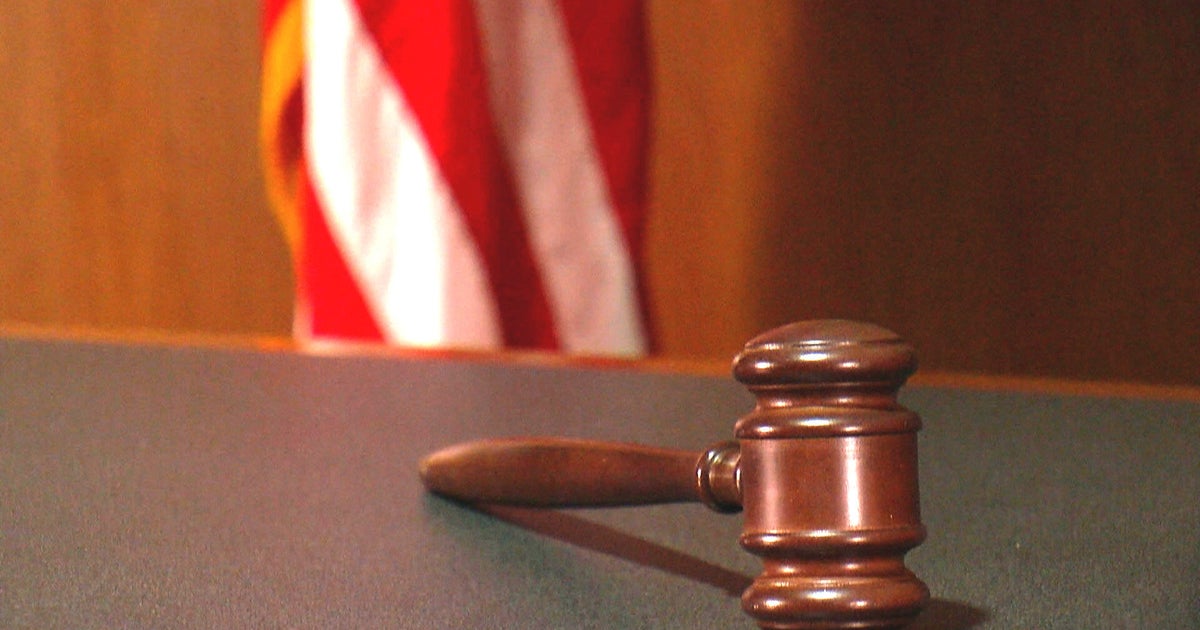Roundup Trial: Jury Awards Sonoma Man $80 Million In Damages For Exposure To Herbicide
SAN FRANCISCO (CBS SF/AP) – For the second time in a year, a San Francisco federal court civil jury has awarded a Bay Area cancer victim million of dollars in damages because of exposure to Monsanto Co.'s Roundup herbicide.
The six-person jury in San Francisco returned its verdict in favor of Edwin Hardeman, 70, who said he used Roundup products to treat poison oak, overgrowth and weeds on his San Francisco Bay Area property for years. The same jury previously found that Roundup was a substantial factor in Hardeman's non-Hodgkin's lymphoma.
Agribusiness giant Monsanto says studies have established that the active ingredient in its widely used weed killer, glyphosate, is safe. The company said it will appeal.
"We are disappointed with the jury's decision, but this verdict does not change the weight of over four decades of extensive science and the conclusions of regulators worldwide that support the safety of our glyphosate-based herbicides and that they are not carcinogenic," according to a statement from Bayer, which acquired Monsanto last year.
"We have great sympathy for Mr. Hardeman and his family. Bayer stands behind these products and will vigorously defend them," the company statement said.
A different San Francisco jury found that Roundup also contributed to the cancer suffered by a former Bay Area groundskeeper in an August trial. That jury awarded the plaintiff, DeWayne Johnson, $289 million. A judge later slashed the award to $78 million, and Monsanto has appealed.
Hardeman's trial may be more significant than that case. U.S. Judge Vince Chhabria is overseeing hundreds of Roundup lawsuits and has deemed Hardeman's case and two others "bellwether trials."
The outcome of such cases can help attorneys decide whether to keep fighting similar lawsuits or settle them. Legal experts said verdicts in favor of Hardeman and the other test plaintiffs would give their attorneys a strong bargaining position in any settlement talks for the remaining cases before Chhabria.
Many government regulators have rejected a link between cancer and glyphosate. Monsanto has vehemently denied such a connection, saying hundreds of studies have established that the chemical is safe.
Monsanto developed glyphosate in the 1970s, and the weed killer is now sold in more than 160 countries and widely used in the U.S.
The herbicide came under increasing scrutiny after the France-based International Agency for Research on Cancer, which is part of the World Health Organization, classified it as a "probable human carcinogen" in 2015.
Lawsuits against Monsanto followed, and thousands are now pending nationwide.
Monsanto has attacked the international research agency's opinion as an outlier. The U.S. Environmental Protection Agency says glyphosate is safe for people when used in accordance with label directions.
© Copyright 2019 CBS Broadcasting Inc. All Rights Reserved. The Associated Press contributed to this report.



